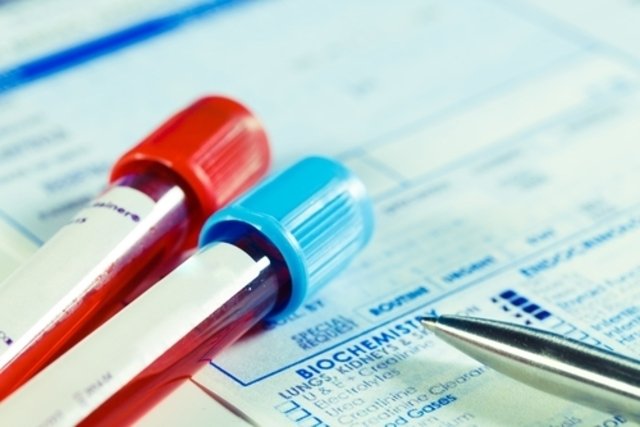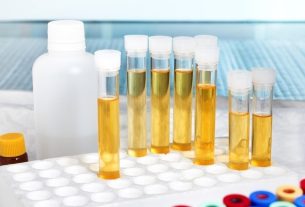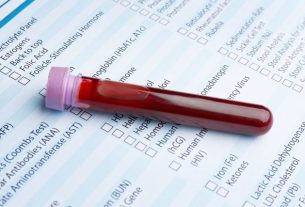ACTH is a hormone produced by the pituitary gland and its function is to stimulate the production of steroid hormones by the adrenal and pituitary glands, such as cortisol, aldosterone and androgens.
Thus, the ACTH test, also known as adrenocorticotropic hormone or corticotropin, is indicated to investigate changes related to the pituitary and adrenal glands, such as Cushing’s syndrome, Addison’s disease, adrenal gland insufficiency or hypopituitarism, for example.
The ACTH test is normally requested along with the cortisol measurement so that the relationship between these two hormones can be assessed, as ACTH stimulates the production of cortisol. It is recommended that the test be carried out in the morning, as the ACHT level varies throughout the day, with a higher concentration in the morning.

When the exam is indicated
The ACTH test is normally indicated by the doctor when there is suspicion of changes in the adrenal or pituitary gland or when the person presents signs or symptoms that are indicative of excessive or deficient cortisol production, such as:
- Excess or loss of weight;
- Thin and fragile skin;
- Red stretch marks on the belly;
- Acne;
- Increased body hair;
- Darkening of the skin;
- Loss of appetite.
This test is normally requested together with cortisol measurement, since ACTH stimulates the production of cortisol. This way, by jointly evaluating the levels of these two hormones, it is possible to reach a diagnosis. Depending on the diagnosis, imaging tests may also be requested, especially when tumors are suspected.
How is done
The ACTH test is carried out by evaluating a blood sample, which should preferably be collected in the morning, as it is during this period that the highest concentration of ACTH is normally observed. This hormone is secreted little by little during the day, with highest levels at 6 and 8 am and lowest levels at 9 and 10 pm.
To perform this exam, it is not necessary to fast or do any other preparation, with the main recommendation being to perform the exam in the morning. Furthermore, it is recommended that the use of supplements containing biotin be suspended at least 3 days before taking the exam or according to the doctor’s advice.
Reference value
In general, the normal value of ACTH in the blood between 7 and 10 am should be between 7 and 63 pg/mL. It is important to keep in mind that the reference value may vary depending on the laboratory and analysis method used.
Furthermore, ACTH levels can be influenced by the time of day, as levels undergo large variations throughout the day, and by everyday situations, such as stress and anxiety, for example.
What does the result mean
According to the results of the exam, the following results may exist:
1. ACTH alto
High ACHT, which is when a concentration above 63 pg/mL is found between 7am and 10am, may be indicative of some situations, the main ones being:
- Cushing’s syndrome, which can lead to increased production of ACTH by the pituitary gland;
- Primary adrenal insufficiency;
- Adrenogenital syndrome with decreased cortisol production;
- Use of amphetamines, insulin, levodopa, metoclopramide and mifepristone.
Very high concentrations of ACTH in the blood can increase the breakdown of lipids, increasing the concentration of fatty acids and glycerol in the blood, stimulating insulin secretion and increasing the production of growth hormone, GH.
2. Low ACTH
Low ACHT, which is when a concentration below 7 pg/mL is found between 7 and 10 am, may be indicative of:
- Hypopituitarismo;
- Pituitary ACTH insufficiency, also called secondary adrenal insufficiency;
- Use of medications, such as corticosteroids, estrogens, spironolactone or amphetamines;
- Pregnancy.
Furthermore, ACTH may be reduced in case of alcohol consumption, physical activity and according to the phase of the menstrual cycle.

Sign up for our newsletter and stay up to date with exclusive news
that can transform your routine!
Warning: Undefined array key "title" in /home/storelat/public_html/wp-content/plugins/link-whisper-premium/templates/frontend/related-posts.php on line 12
Warning: Undefined array key "title_tag" in /home/storelat/public_html/wp-content/plugins/link-whisper-premium/templates/frontend/related-posts.php on line 13



